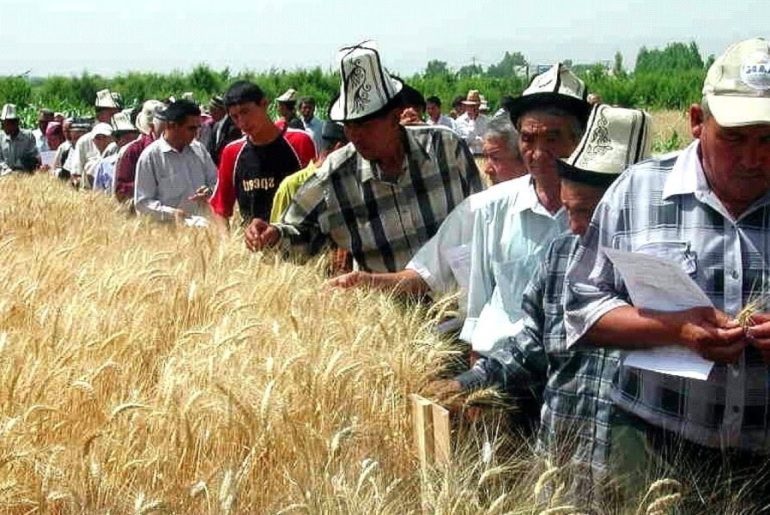Last week, dozens of lightning-sparked fires, dubbed the “LNU Lighting Complex Fires”, engulfed various regions of California’s Bay Area, altogether burning an area almost twice the size of San Juan, Puerto Rico. While many people were evacuated for their safety, the area’s farmer workers were not only leaving behind their homes, but also their livelihoods.
The fires could have not come at a worse time. During the last couple of months, farmworkers already had numerous issues to deal with, including working through shelter-in-place orders, dealing with coronavirus concerns and safety issues as well as working through the heatwave that is bringing record-high temperatures to California.
“The workers are already performing physical work, so it’s already difficult physically,” Gonzales said. “It’s really serious here. … This is just a very unique situation with just a combination of factors.”
Pete Maturino, agricultural director for United Food and Commercial Workers Local 5, told the San Francisco Chronicle that, in order to keep farmworkers safe, they needed to be provided with masks, both for coronavirus concerns and air quality because of the fires.
“The crops are ready today, and you can’t wait until tomorrow, because these are succulent fruits and vegetables that have to be picked when they’re ready and when they’re ripe in order to get them to the market,” Monterey County Agricultural Commissioner Henry Gonzales told Vegetable Grower News. “We have to harvest every day … because people eat every day.”
Gonzales said that while the Monterey County Agricultural Commissioner’s office started diverting its supply of N95 masks, his 10,000 remaining N95s already went out, and he is waiting for another 100,000 from the county’s Office of Emergency Services.
However, even that might not be enough, as there are about 30,000 farmworkers in fields in Monterey County on a regular day, and all of them need a new mask daily. But, even with the terrible conditions, many farm workers don’t have the option to quit their jobs.
“They’re out there because of necessity, not so much because they’re making thousands of dollars,” Maturino said, adding that farmers receive minimum wage for their work. “It’s the threat of deportation or not being able to get another job.”
California Farm Bureau Federation (CFBF) President Jamie Johansson told Vegetable Grower News that most of the people that work on farms or ranches rely on additional sources of income in order to make ends meet. However, the pandemic has cut short many of those external opportunities and slashed their earnings from farming.
“You go to the grocery store and you see vegetables and you buy them,” Maturino said. “Nobody ever really thinks about the farmworker.”

